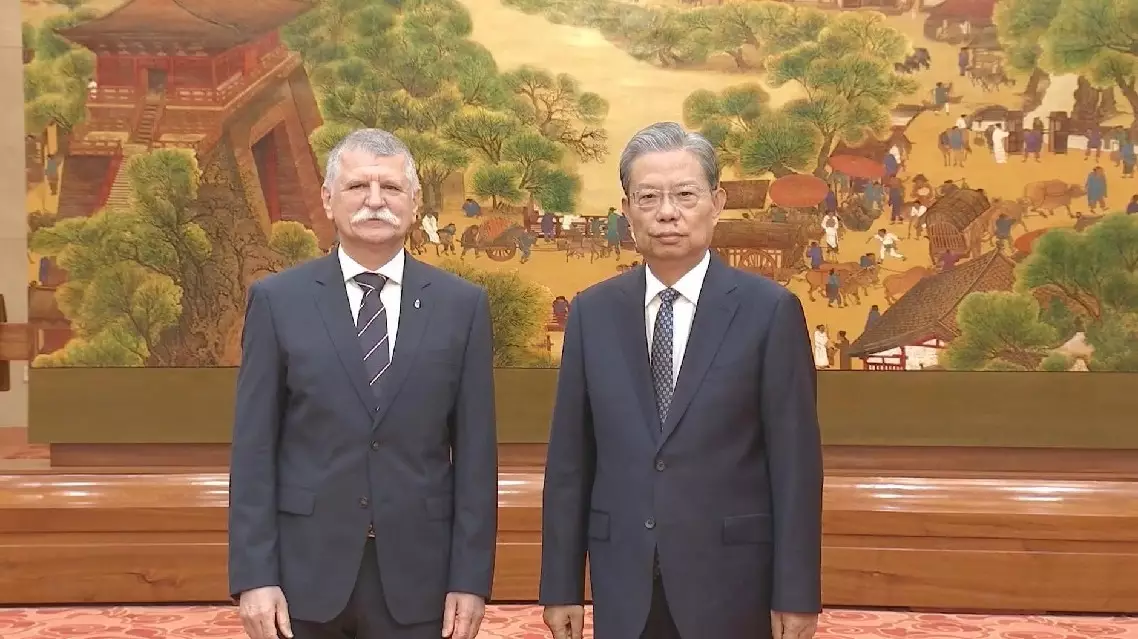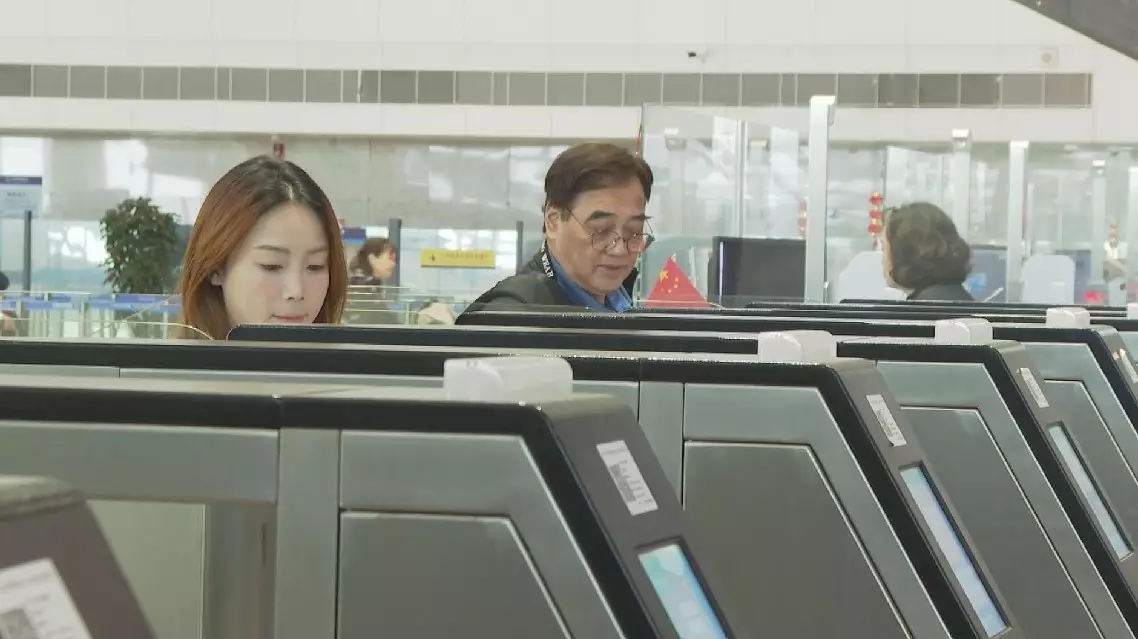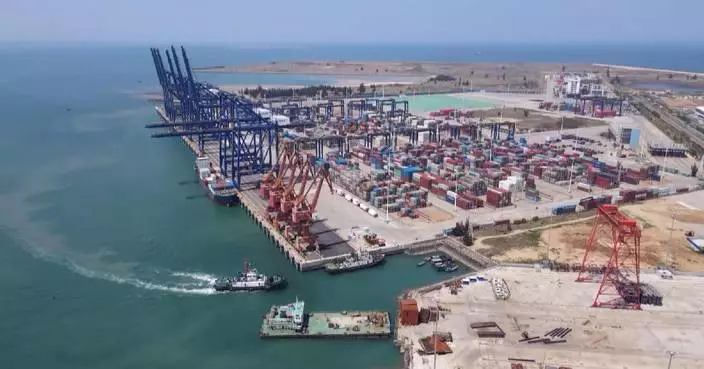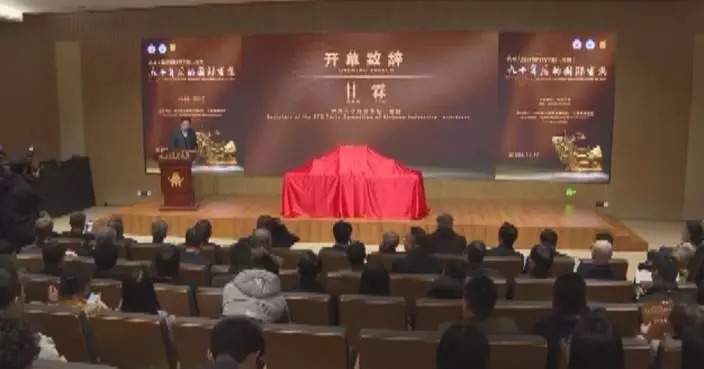China's top legislator Zhao Leji held talks with Speaker of the Hungarian National Assembly Laszlo Kover in Beijing on Tuesday afternoon, with both sides pledging to leverage the role of the legislative bodies of the two countries to enhance bilateral relations.
Zhao, chairman of the National People's Congress (NPC) Standing Committee, said China is ready to work with Hungary to deliver on the important consensus between the leaders of the two countries, consolidate the momentum of high-level exchanges, strengthen strategic communication and coordination, and jointly create a bright future.
China appreciates Hungary's long-term commitment to a friendly policy toward China and its adherence to the one-China principle, said Zhao.
He said China is willing to strengthen policy coordination with Hungary in various fields, firmly support each other on issues that bear on respective core interests, and consolidate the political foundation of China-Hungary friendship. The two countries should seek greater synergy between the Belt and Road Initiative and Hungary's Opening to the East policy, advance the construction of the Hungary-Serbia Railway, upgrade the level of cooperation in all aspects and strengthen public support for friendly relations between the two countries. Both sides should promote sustained development of the cooperation between China and Central and Eastern European countries (CEEC) and contribute more to the steady and sustained growth of China-Europe relations, Zhao said.
Noting that China stands ready to implement the memorandum of understanding on cooperation between the legislative bodies of the two countries and further strengthen exchanges and interactions at various levels, Zhao said the two sides should leverage the role of legislative bodies in promoting trade and investment facilitation, enhancing connectivity, and optimizing the business environment, thus creating a stable and reliable legal environment for practical cooperation between the two countries.
Kover said that Hungary firmly adheres to the one-China principle. The country is willing to take the 75th anniversary of the establishment of diplomatic relationship between the two countries as an opportunity to strengthen cooperation with China in various fields including the BRI, trade and investment, the construction of Hungary-Serbia Railway and people-to-people exchanges, and promote the development of CEEC-China cooperation and the Europe-China relations.
The Hungarian National Assembly is ready to enhance friendly exchanges with the NPC to make positive contributions in promoting bilateral ties, said Kover.
Kover is leading a delegation to visit China from Nov 5 to 12 at the invitation of Zhao.

Top legislator holds talks with Hungarian parliament speaker









